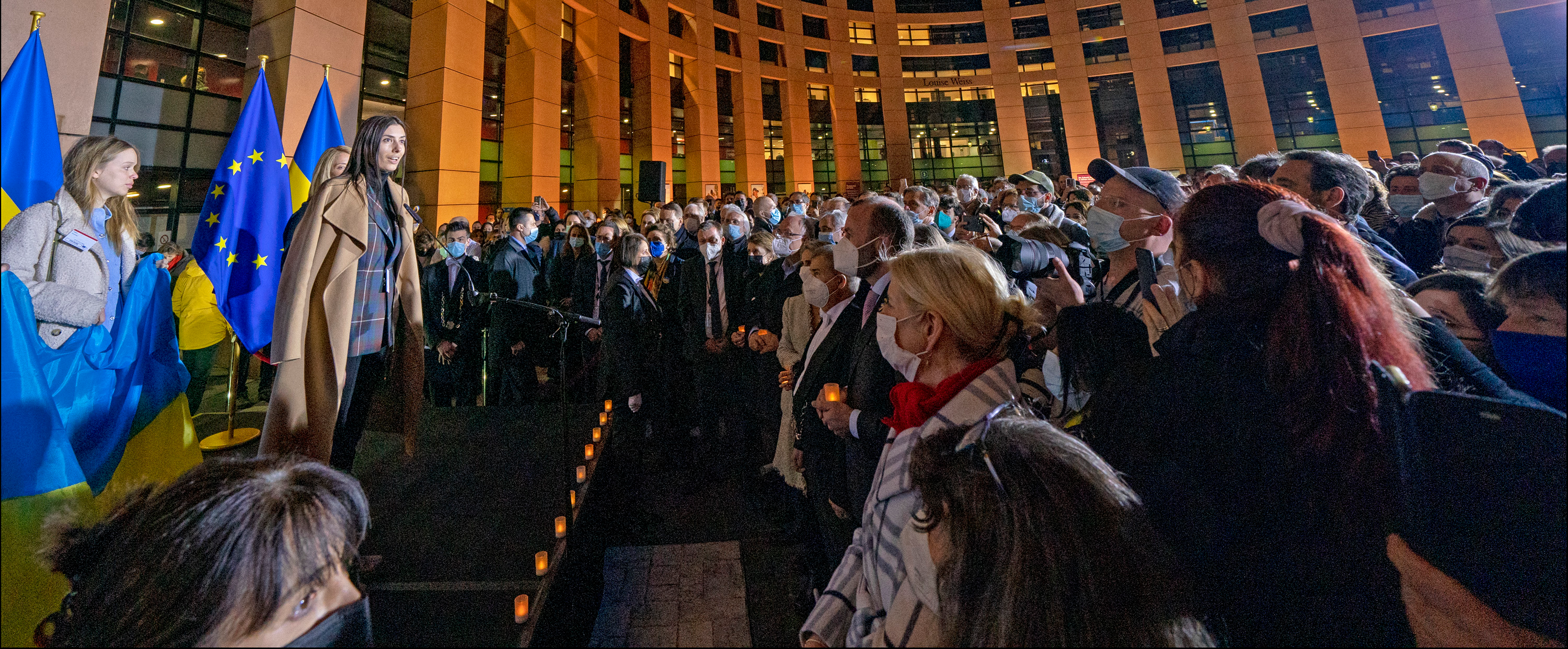Image credit: European Parliament from EU, CC BY 2.0, via Wikimedia Commons
By Gabriel Pierzyński and Dr Roch Dunin-Wąsowicz
This article is part of a collaborative series of research papers written with the 89 Initiative.
This report explores how the European Union’s response to Russia’s war on Ukraine has catalyzed a notable shift in the Union’s approach to foreign policy and internal integration. Departing from the EU’s traditional legalistic and regulatory integration model, the war has triggered a pragmatic and politically-driven unification, emphasizing rapid policy decisions and geopolitical alignment.
Key Findings:
- Crisis-Driven Integration:
The EU’s actions were not the result of a grand strategic vision but emerged as immediate responses to the Russian invasion of Ukraine. These responses led to deeper integration in key areas such as energy, defense, sanctions, and enlargement. - Comprehensive Sanctions Regime:
The EU enacted 15 sanction packages, the most extensive in its history, targeting individuals, sectors, and state institutions of Russia and Belarus. Measures included bans on oil, financial transactions, luxury goods, media, and services. - Energy Independence Initiatives:
With the RePowerEU plan and AggregateEU mechanism, the EU reduced its dependency on Russian gas from 45% in 2021 to 15% in 2023. These efforts emphasized joint procurement, renewables, and diversified imports. - Robust Support for Ukraine:
Over $121 billion in aid was mobilized by the EU and its member states, covering financial, humanitarian, and military needs. The €50 billion Ukraine Facility supports long-term reconstruction and investment, with a focus on infrastructure, SMEs, and green technology. - Shift in Enlargement Policy:
Ukraine’s candidacy for EU membership was fast-tracked, with accession negotiations beginning in 2024. This marks a stark contrast to the EU’s previous reluctance and underscores a shift in political will toward strategic enlargement. - Internal Political Challenges:
Hungary repeatedly obstructed EU resolutions, sanctions, and funding for Ukraine. These actions highlighted the limits of unanimity-based decision-making in foreign policy and the need for institutional reforms to preserve EU unity. - A New Phase of Political Integration:
The EU’s coordinated foreign policy actions represent a transformation from law-driven to politically-driven integration. Future developments, such as Poland’s 2025 EU Council presidency and the appointment of Kaja Kallas as High Representative, signal continued momentum toward a more geopolitical Union.
Conclusion:
The EU’s reaction to the war in Ukraine has effectively reshaped its foreign policy identity, demonstrating unprecedented unity, capacity for action, and readiness to integrate politically in response to external threats. This constitutes a pivotal “geopolitical turn” with long-term implications for European integration, sovereignty, and global influence.

